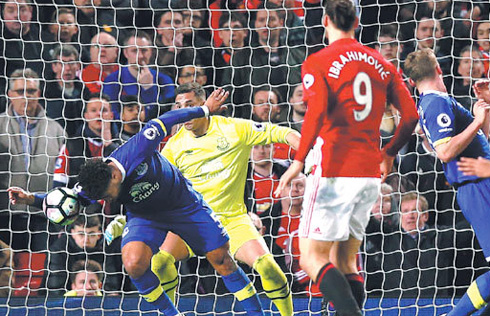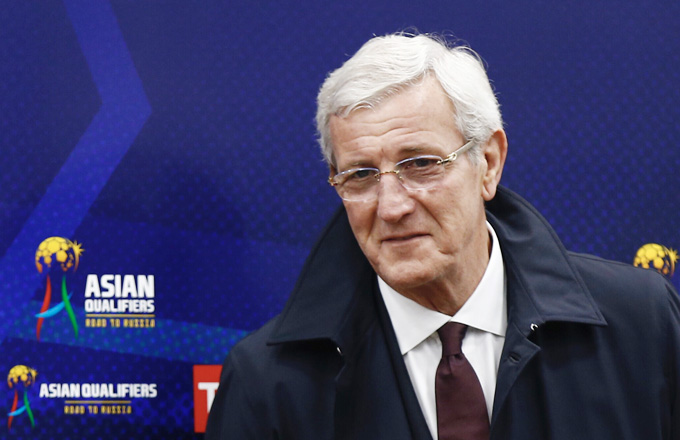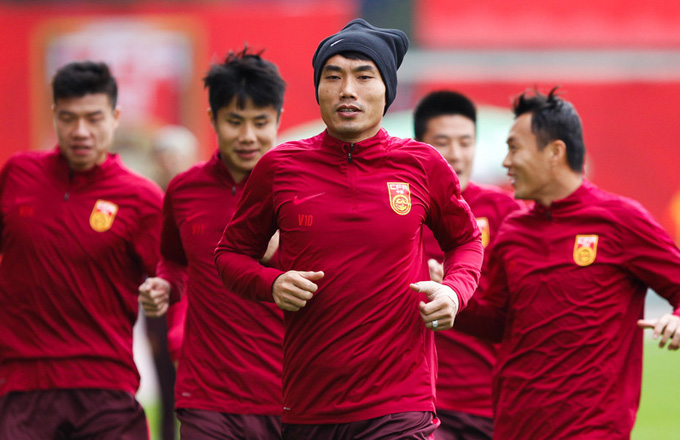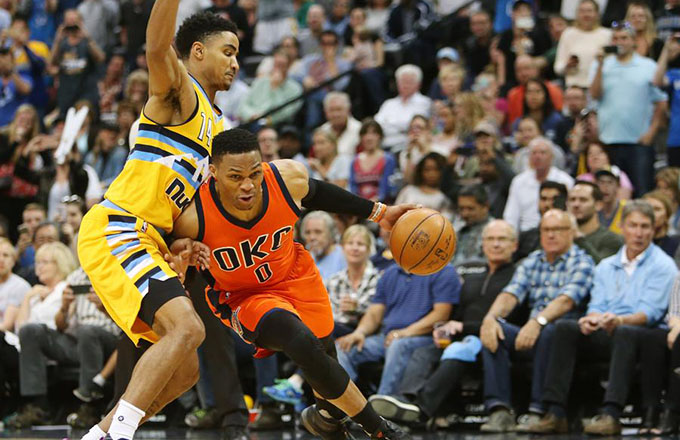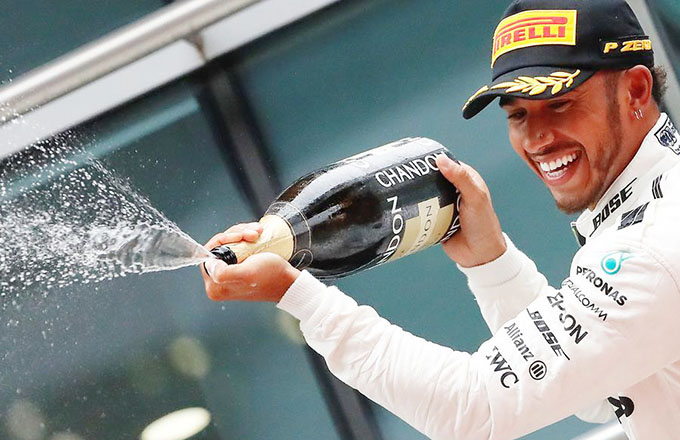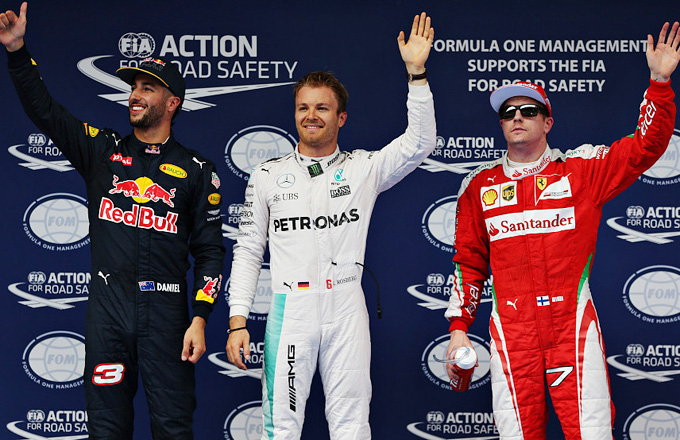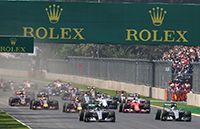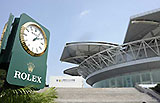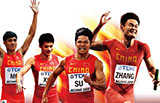China's riders need leap of faith
Chinese rider Huang Zuping and his horse, Lumumba 15, in action during the final's warm-up round of the 2013 FEI World Cup Jumping China League's Beijing leg at the Beijing International Equestrian Club on May 3. Inpired by senior riders like Huang, more and more young riders in China have invested greatly in the sport, expecting breakthrough performances at the 2016 Rio Olympic Games. [Photo/Wei Xiaohao/China Daily]
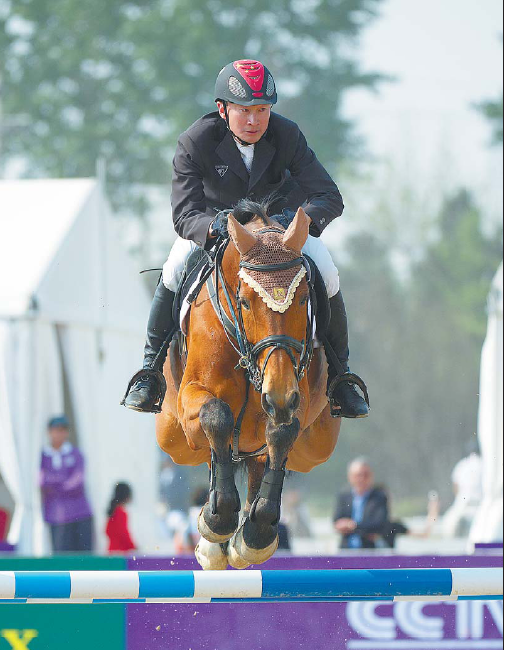
Enthusiastic Chinese still have a lot to learn about a sport that's more than just horseplay, Sun Xiaochen reports.
You can't just buy love in equestrian; it requires much more heart and patience to manage the relationship between man or woman and horse - and China is slowly learning that lesson.
Since the country made its equestrian debut at the 2008 Olympics, the sport has been riding high as interest and investment has increased through the nation's middle class becoming enamored by an activity which embodies greater social status.
More and more well-off families are encouraging their children to join high-end equestrian clubs, which have high membership fees, while celebrities market their well-to-do images by appearing at premier events in stylish outfits.
However, something is still missing at the core of the sport.
"There is the lack of the horsemanship spirit," Paul Weier, four-time Olympic rider and a current course designer, told China Daily during the FEI World Cup Jumping China League in Beijing last week. The former Swiss master, who has helped organize events in Asia for 20 years, said he was impressed by the development of infrastructure and horse grooming in China, but the performance gap between here and Europe remained huge.
"And patience is required, not just money," the 78-year-old said. "You can buy horses, but if the riders don't invest mentally, there is no way to improve.
"You and your horse must be a couple, it must be a marriage. You have to go to the stable, look after the horse and spend as much time as you can to build a relationship."
However, the idea that equestrian requires more of an emotional investment than funds remains a concept yet to be adopted wholeheartedly in China.
According to the Beijing International Equestrian Club, where the FEI jumping show was staged, almost half of the 60 horses in its stables belong to private owners, who hire grooms to take care of them and rarely visit - except for major events.
Owning a horse is regarded as symbol of wealth and status in China, but that has taken the sport down the wrong path, said senior Chinese rider Zhang Ke.
"If you don't put your time and heart into it, and just want to show-off, like driving a fancy car, you are insulting the sport," said Zhang, who also serves as head coach of the Equuleus International Riding Club.
Zhang, who started riding professionally in 1992, has seen the sport boom among rich Chinese families over the past few years.
The multiple national title winner is happy to see prestigious events like the World Cup held in China, but stresses there remains a long way to go for the society to accept the sport in the right manner.
"Some of my relatives still think I am working with a circus," Zhang said. "And most of the Chinese insurance companies don't do business with us because we are considered as 'beast trainers' in a zoo and not athletes."
The reality today is tough, but the future looks bright as more and more European expertise has been imported to help the situation.
Most of the horses at the BIEC, where the national team is based, were brought over from Europe, as well as coaching and management staff.
"We have a mixed team of Chinese and western employees. Working together with them, we learn a lot of professional routines and details on how to treat the horses," said Gu Guoliang, a groom at the BIEC.
German National Cup rider Franz Joseph Dahlmann joined the club in March as head coach and stable manager after a two-week trial, during which he saw the sport's huge potential here.
"They are on the right track but it takes time. In Europe, we have a long tradition. There are no short cuts, just keep riding and riding to get the experience," said Dahlmann.
Instructing more than 20 teenagers on the national youth team, Dahlmann said it's crucial to impart the "partner-first" philosophy to young riders.
"We work with animals together, it's not like a machine or motorbike. We have to try to make our horse trust us to be a team."
Dahlmann's sentiments were echoed by Hugo Simon, a legendary Austrian rider who still rides competitively at the age of 70.
"Remember you are not riding a motorbike, you are riding a living creature which has its own soul. Fight with it, not against it then you can succeed," said the silver medal winner in team jumping at the 1992 Barcelona Olympics.




